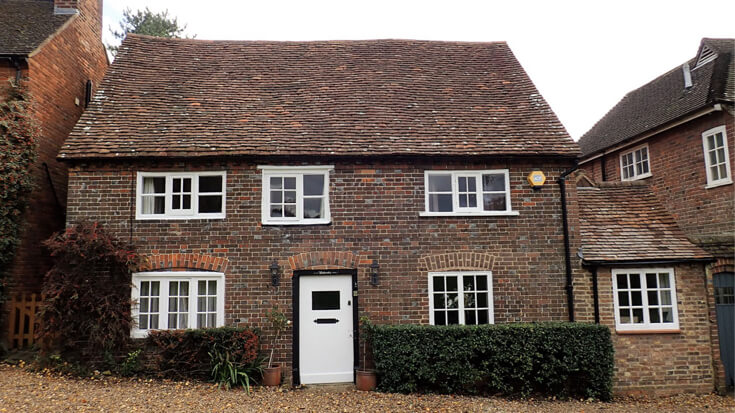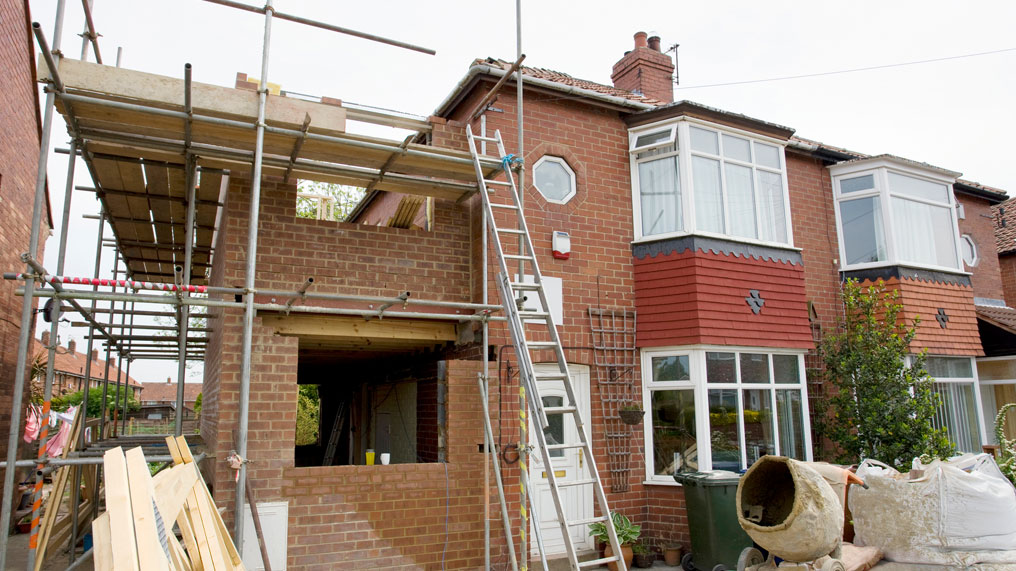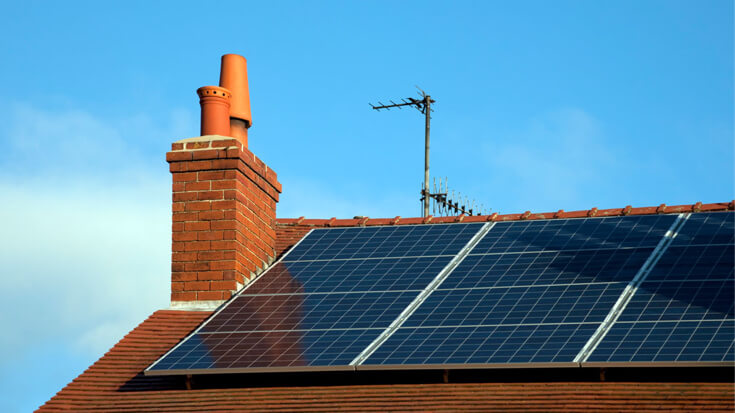You’ve found the home of your dreams, but it’s listed. Should this be something to worry about?
Here are five things you need to know about buying a listed property:
1. Your property will be on a national register
Listed buildings are on a national register of properties that are of architectural or historical interest.
Historic England estimates there are around 500,000 listed buildings on the National Heritage List for England (NHLE), and highlights three different types of listing:
-
Grade I: This means the property is of ‘exceptional interest’. Only around 2.5% of listed buildings are Grade 1 listed.
-
Grade II*: This means the property is important and considered of more than special interest. Around 5.8% of listed buildings fall into this category.
-
Grade II: This means the building is of special interest. The vast majority of listed buildings (around 92%) fall into this category.
All buildings constructed before 1700 are likely to be listed, as are the majority of those built between 1700 and 1850. Some modern buildings are listed too if they are considered of special importance, such as the Royal Festival Hall and the BT Tower in London. You can find out if a property is listed by searching for it on the National Heritage List for England.
2. You’ll need specialist permission to make changes
If you want to make changes to a listed property, such as building an extension or changing the internal layout, you will have to apply for listed building consent. It can be more difficult to get this consent, as conservation officers need to take the property’s historical significance into consideration. If planning permission is granted, you may need to use specialist materials or techniques so that you don’t alter the character of the property.
If you’re considering buying a listed property, you should check that any work that’s been done in the past had planning permission. If it hasn’t, then you (rather than the previous owner) might be responsible for putting things back to how they were.
3. Repairs may cost more
You’ll often have to hire tradesmen with specialist skills and products to make repairs to a listed property, which can be far more expensive than using a standard builder. Do plenty of research before buying and make sure you get a comprehensive survey so you get an idea of the sort of work that might need doing.
4. You may be able to get a grant for repairs to a listed property
Historic England is the public body that looks after England’s historic environment, and occasionally offers grants to owners of historic buildings if they are in need of repair. You can find out more about some of the grants available and how to apply for them here.
5. You may need specialist home insurance
When taking out home insurance, you must let your insurer know if the property is listed. Depending on the type of property you're buying, you may need specialist cover.
Remember that your buildings cover should be for the rebuild cost of the property and not its market value. Listed buildings often have higher rebuild costs than other properties because they may require specialist materials. This means cover can be more expensive than if you're buying a home that isn’t listed. Never scrimp on cover - being underinsured could cause serious financial problems should you ever need to make a claim.




